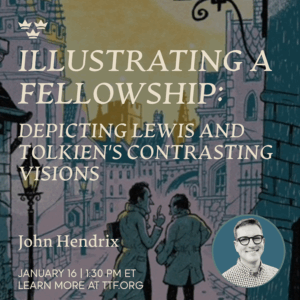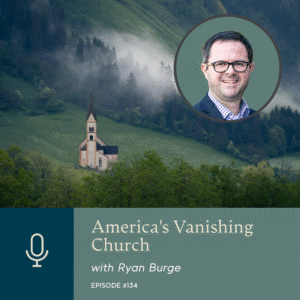Towards a Better Christian Politics with Curtis Chang, David French, and Russell Moore
March 21, 2023
Overview
Speakers
-
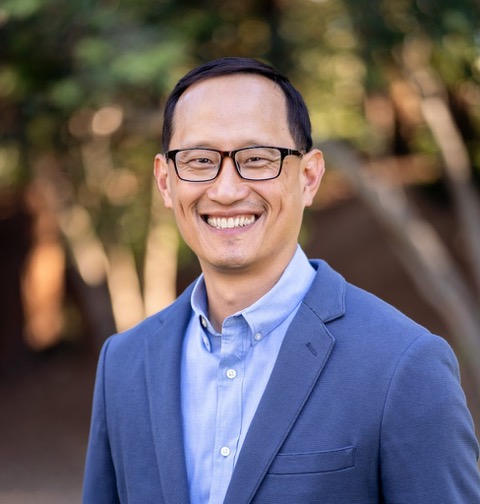 CURTIS CHANG
CURTIS CHANG -
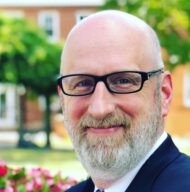 DAVID FRENCH
DAVID FRENCH -
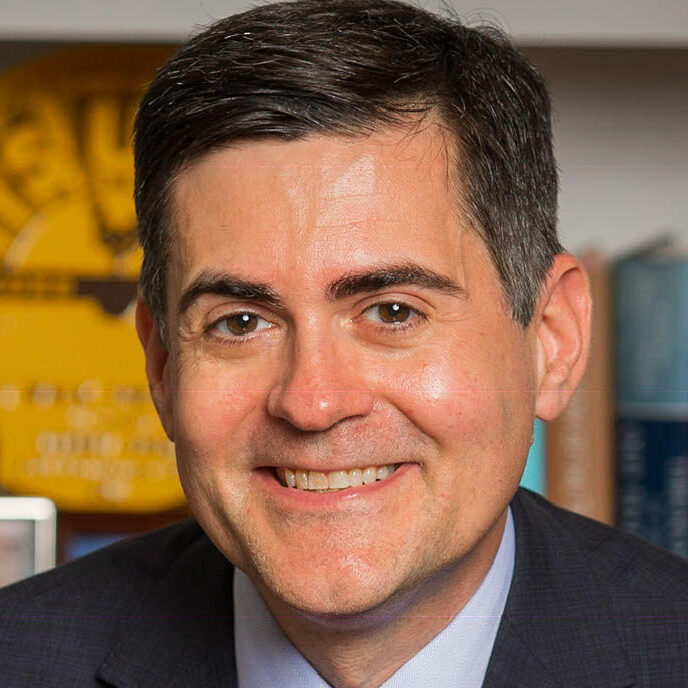 RUSSELL MOORE
RUSSELL MOORE -
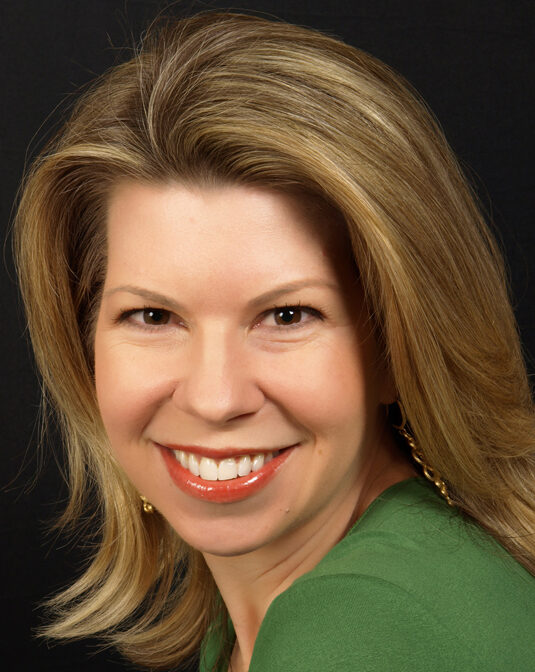 CHERIE HARDER
CHERIE HARDER
SHARE
